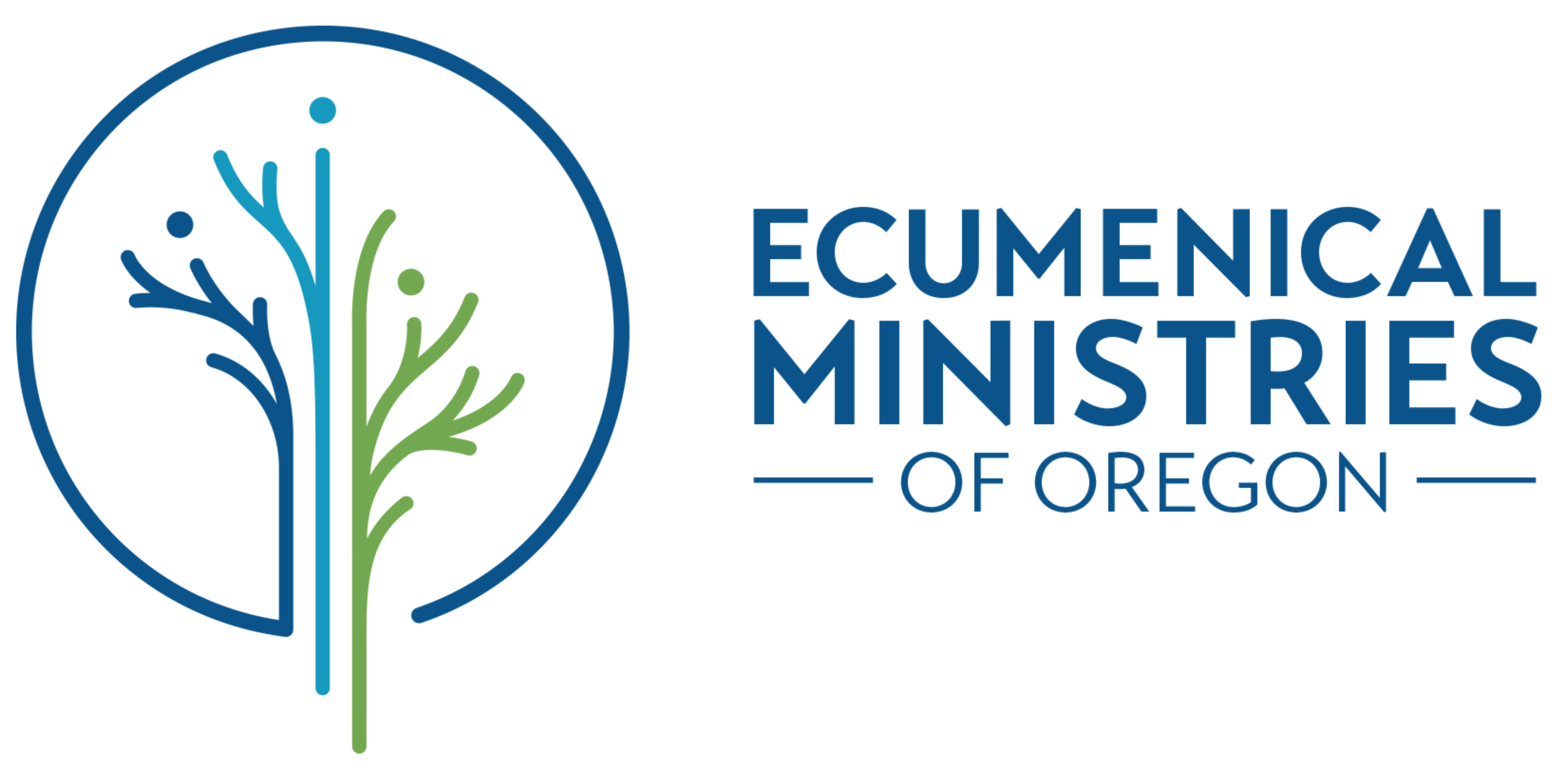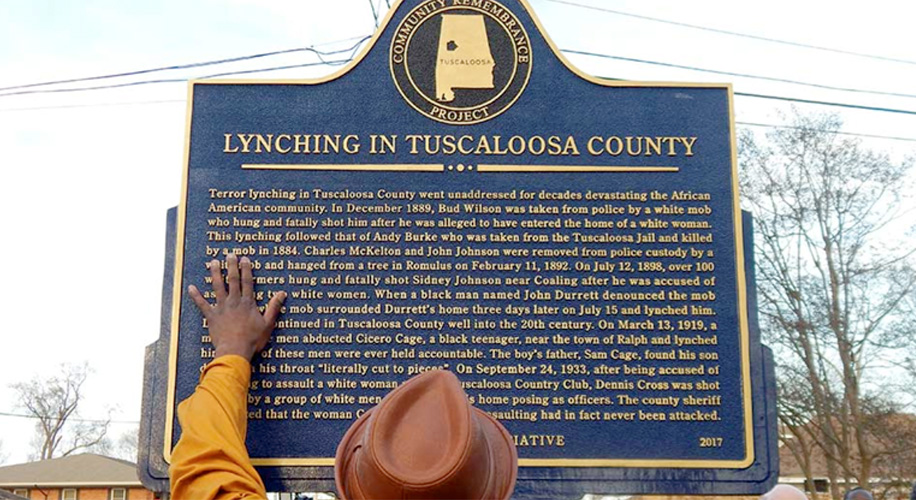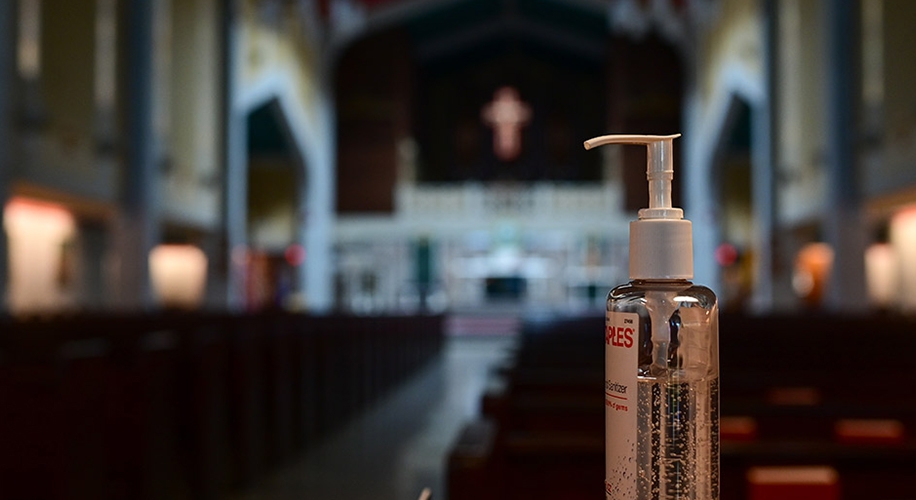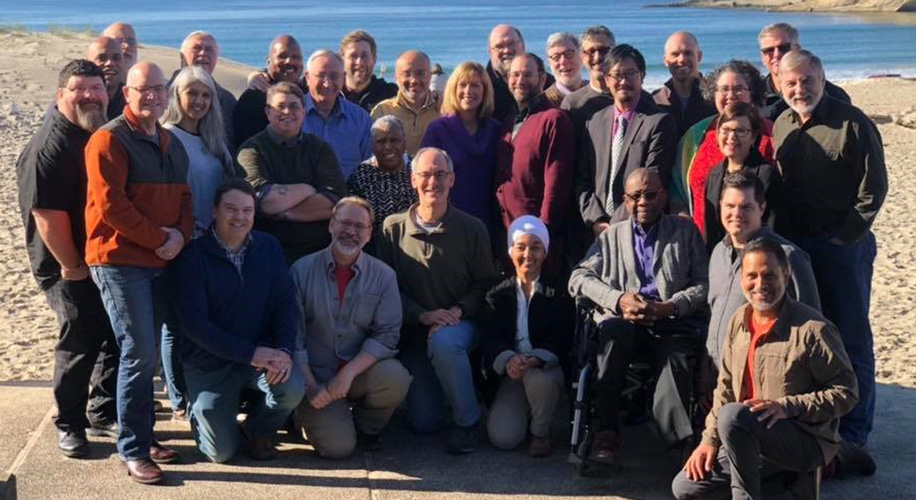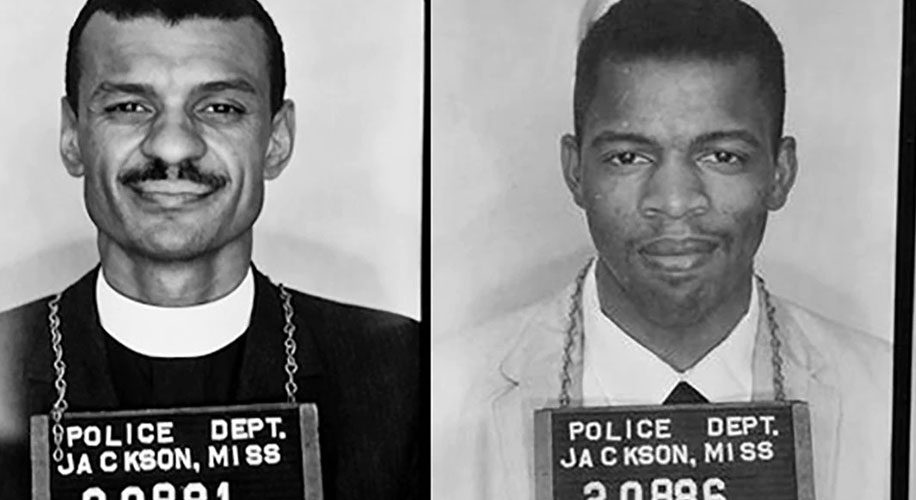This last June 19, 2021, on Oregon’s first officially recognized “Juneteenth” holiday, over 300 people gathered outside the Coos Bay Historical Society in southern Oregon. In partnership with the Oregon Remembrance Project and the Equal Justice Initiative, Ecumenical Ministries of Oregon (EMO) called on people of faith from across our state to personally view the installation of a historical marker bearing witness to the murder of Alonzo Tucker in 1902.
As Oregon’s only known Black lynching victim, Alonzo Tucker has special significance in the Pacific Northwest. His story reflects the larger cycle of violence and white supremacy that defined the arrival of Christianity in this part of the world and which defines it still. Especially today, when the basic facts of the U.S. legacy of racism are often denied as untrue, the unveiling of sacred truth has become a radical and even a dangerous act. But it’s one we cannot afford to avoid.
Last year, following the death of George Floyd and the rise of Black Lives Matter protests across the United States, we discovered a kind of kairos moment for faith communities in Oregon. It started with a question: How can people of faith protest against racism “out there”—as if it were an external phenomenon—without first acknowledging racism “in here”—inside our institutions, our ecclesiastical cultures and our hearts? What does it mean to reckon with the racist legacy we inherit here in Oregon?
Ecumenical Ministries of Oregon responded by creating a Reckoning with Racism initiative. For nine months we accompanied 44 statewide teams (churches, denominational bodies and one seminary) in a discernment process of learning, listening and engagement. This work grew out of the understanding that U.S. Christianity can’t move forward without first looking back. We not only revisited all those “hidden histories” we’re so good at forgetting, we also centered the voices of contemporary BIPOC communities that our meta-narrative has historically silenced. And this was difficult work. Many of our personal and group myths got challenged, and we had to grapple with some of the ugly truths of our historical legacy in the Pacific Northwest.
Yet we also discovered something transformative. We came to realize that we are still in the middle of our stories. And instead of defending those parts of our stories we’re ashamed of—or ignoring them—we found the freedom to accept them, and through this, to shape them going forward. A pathway of integrity emerged. And in an era where forced amnesia is an act of political oppression, the restoration of memory becomes an act of resistance and even liberation.
But this is just the beginning. We also learned that the reconciliation we hope for doesn’t just come from acknowledging the truths we’ve buried; we must then move through the work of real-world repair. And so the work continues, and now you are invited to be a part of it.
Starting in October 2021, EMO hosts a new Reckoning with Racism cohort. This is an opportunity for communities that started the Reckoning with Racism journey last year and want to continue, as well as for faith communities approaching this work for the very first time.
In addition to learning from a broad range of community partners about their unique experience of life here in Oregon, we will deepen our understanding of the complex and intersectional truths they unveil. We will accompany faith communities as they discern what repair and reconciliation looks like in their local context.
We invite you to reckon with the racist legacy of Oregon with us, and to build a new future in dialogue with all our neighbors.
For more information and to register for Reckoning with Racism, go to emoregon.org/education-dialogue/racism/. If you have specific questions about this work, contact The Rev. Michael Ellick, EMO director of public outreach at mellick@emoregon.org.
